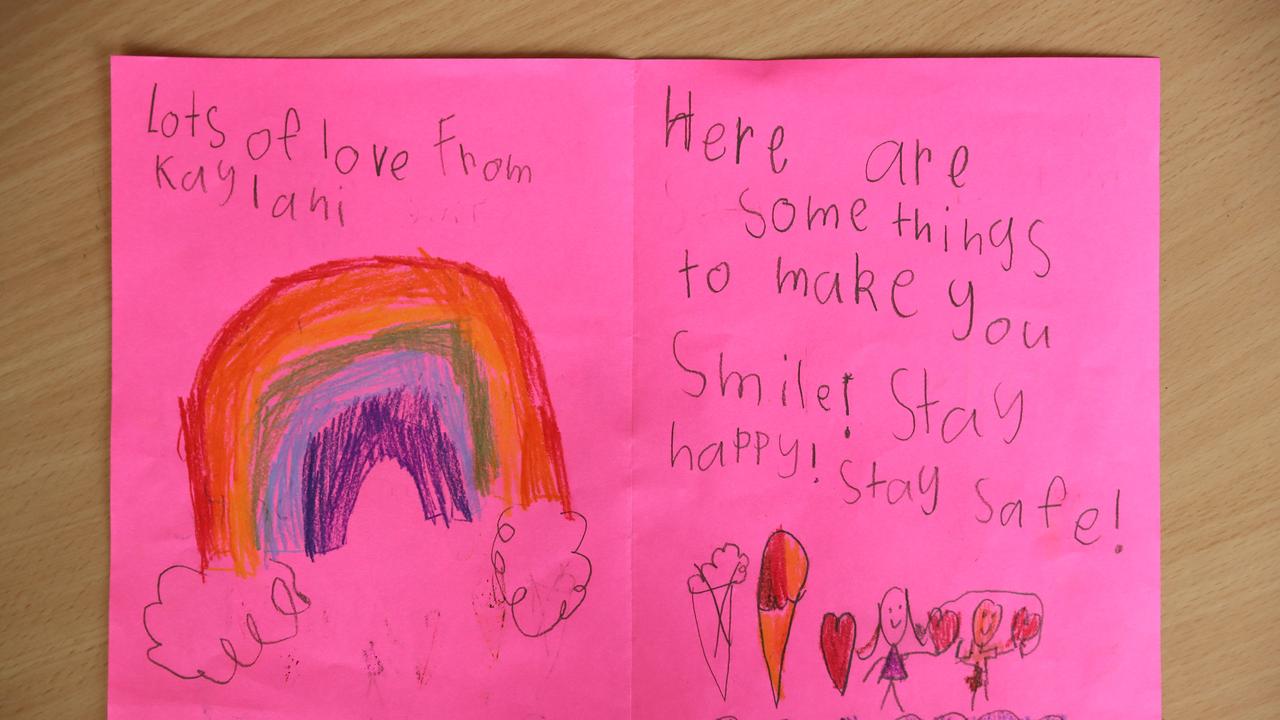A list of the reasons your brain loves lists
THEY tell us what groceries to buy and what jobs to do. Science says there are three reasons your brain needs lists - so we've written a list about it, naturally.

TEN things that will be outlawed now that women can vote. This year's most epic assassinations ranked from most to least tragic. Six people who should've died on the Titanic.
OK, these aren't real headlines from history. They're fake ones.
But if the media was always obsessed with lists-in-headlines like we are today, this might've been how we'd consumed a whole century of big events.
We love a list here at news.com.au. Already today we've given you the five ways you're killing your workout and the 10 most arrogant things Kanye West ever said.
And you love a good list, too. Science says so.
Here's why our brains are hardwired to list things, according to the New Yorker (but rearranged into a list by us, because we know that's what you like).
1. THEY FIT IN WITH HOW WE PROCESS INFORMATION
When our brains are processing info, they do it spatially.
Think about it like this: it's hard to recall all the groceries we need to buy just through the sheer power of our memory.
But if we write those things down on a piece of paper, with bullet points or numbers, they're easier to recall, even if we leave that bit of paper at home.
That's because we can think back to the piece of paper and the location of the words themselves.
2. WE NEED TO CATEGORISE THINGS
In fact, it's hard for us to not categorise something from the very moment we see it.
Organising things into short and distinct components helps us understand it initially and recall it later (this was the landmark research by noted neuroscientist Walter Kintsch way back in 1968).
Because we can process information more easily when it's in a list than when it's clustered - like in standard paragraphs, for example - a list feels intuitive.
3. LISTS JUST FEEL GOOD
This is the list's deepest appeal: That warm, fuzzy feeling you get when everything is ticked off.
A recent study by the psychologists Claude Messner and Michaela Wanke found that we feel better when our workload is reduced.
The faster we can decide on something - whether it's what we read or what we eat - the happier we are.
And that reinforces our love of lists. We recall with pleasure that we were able to complete the tasks on a list, instead of leaving it undone.
###



